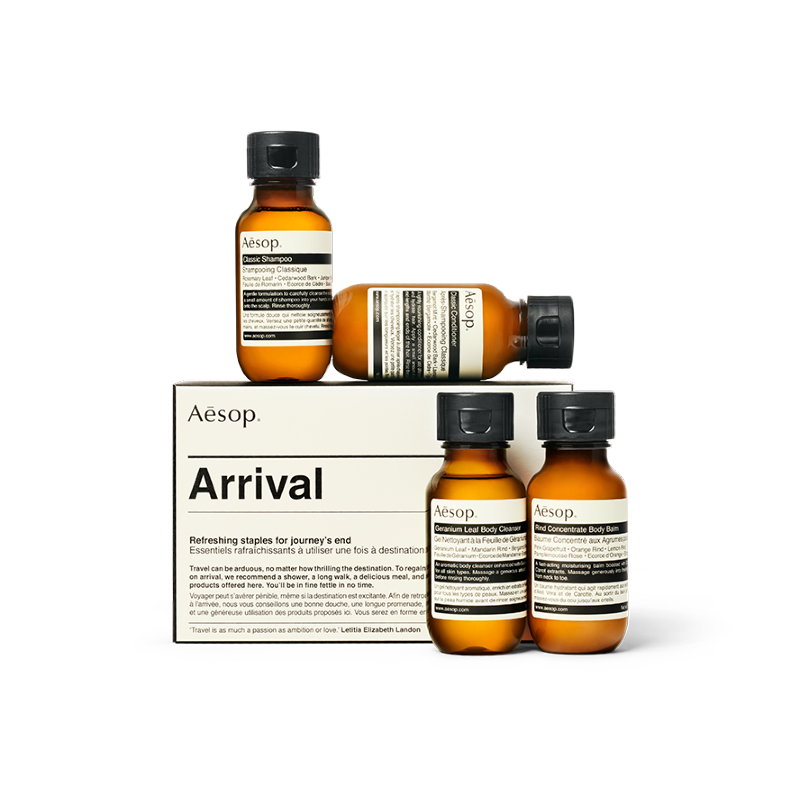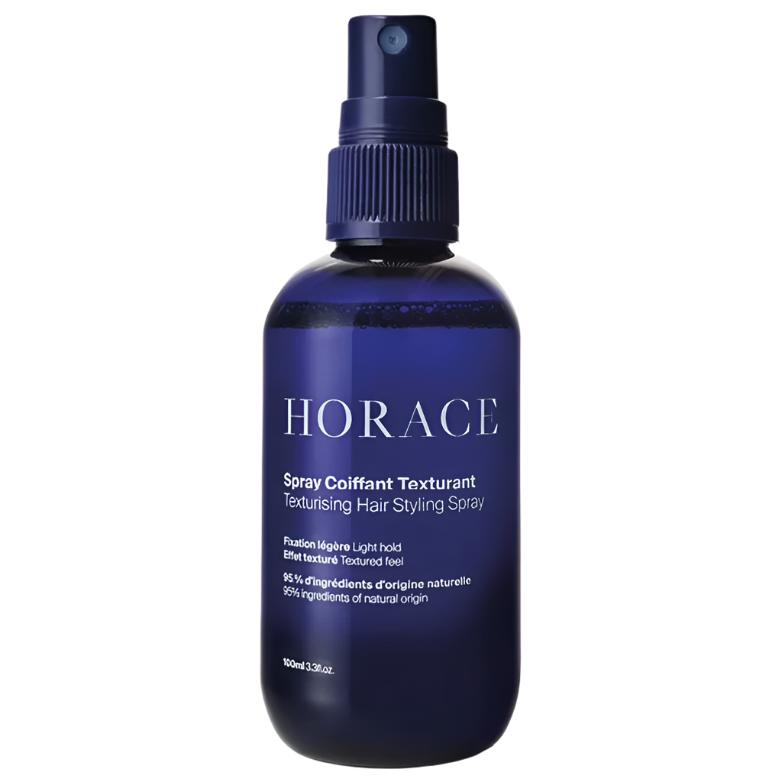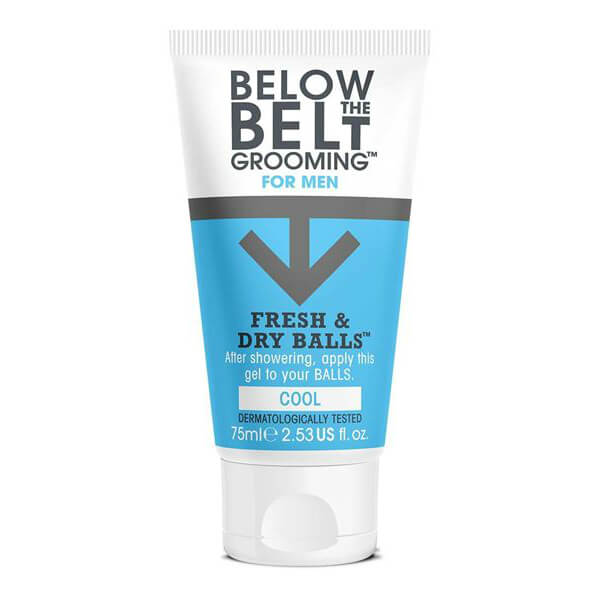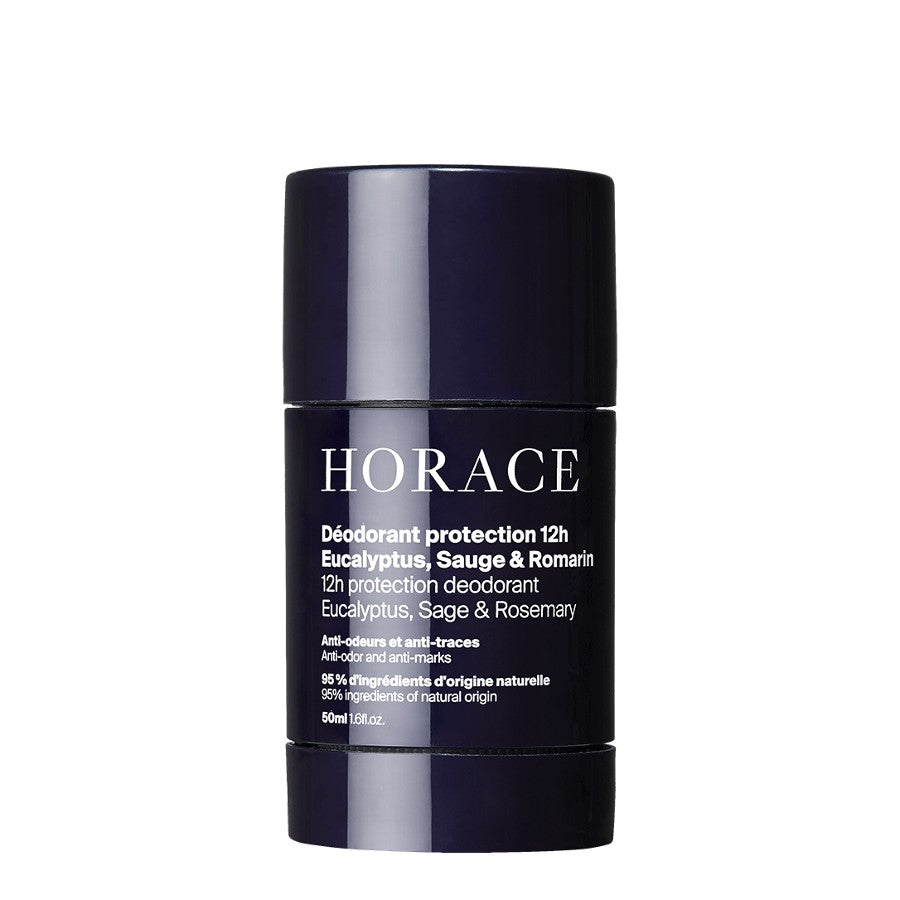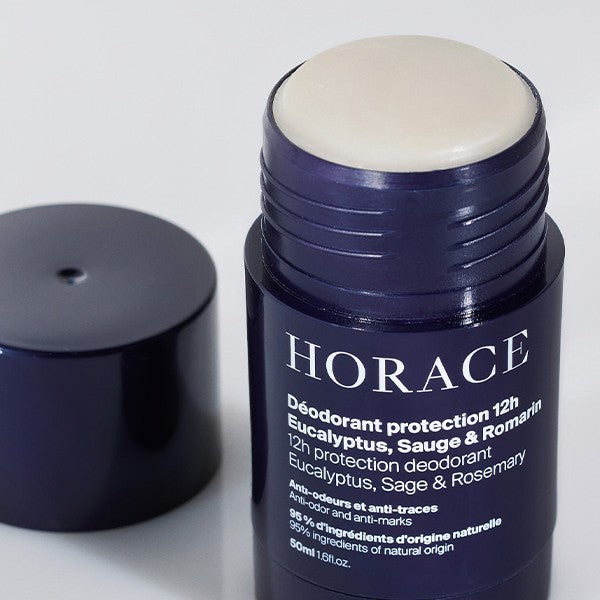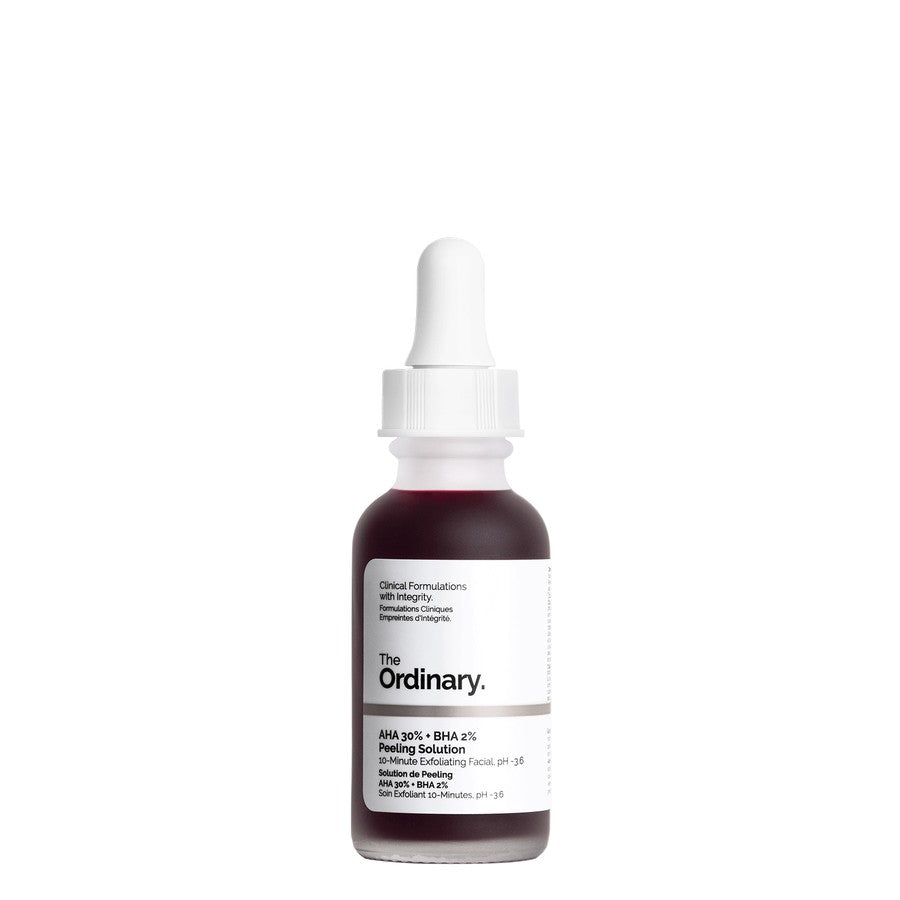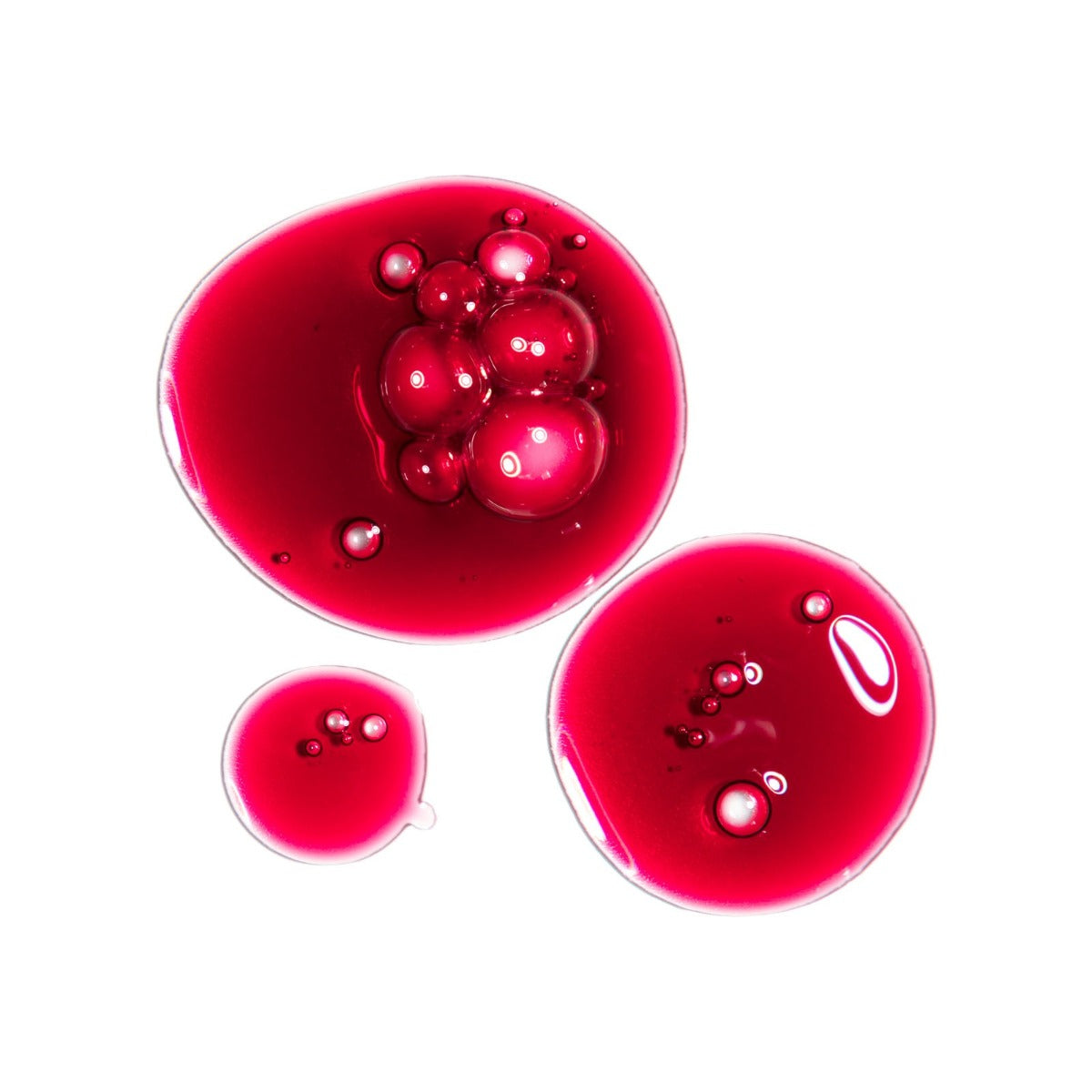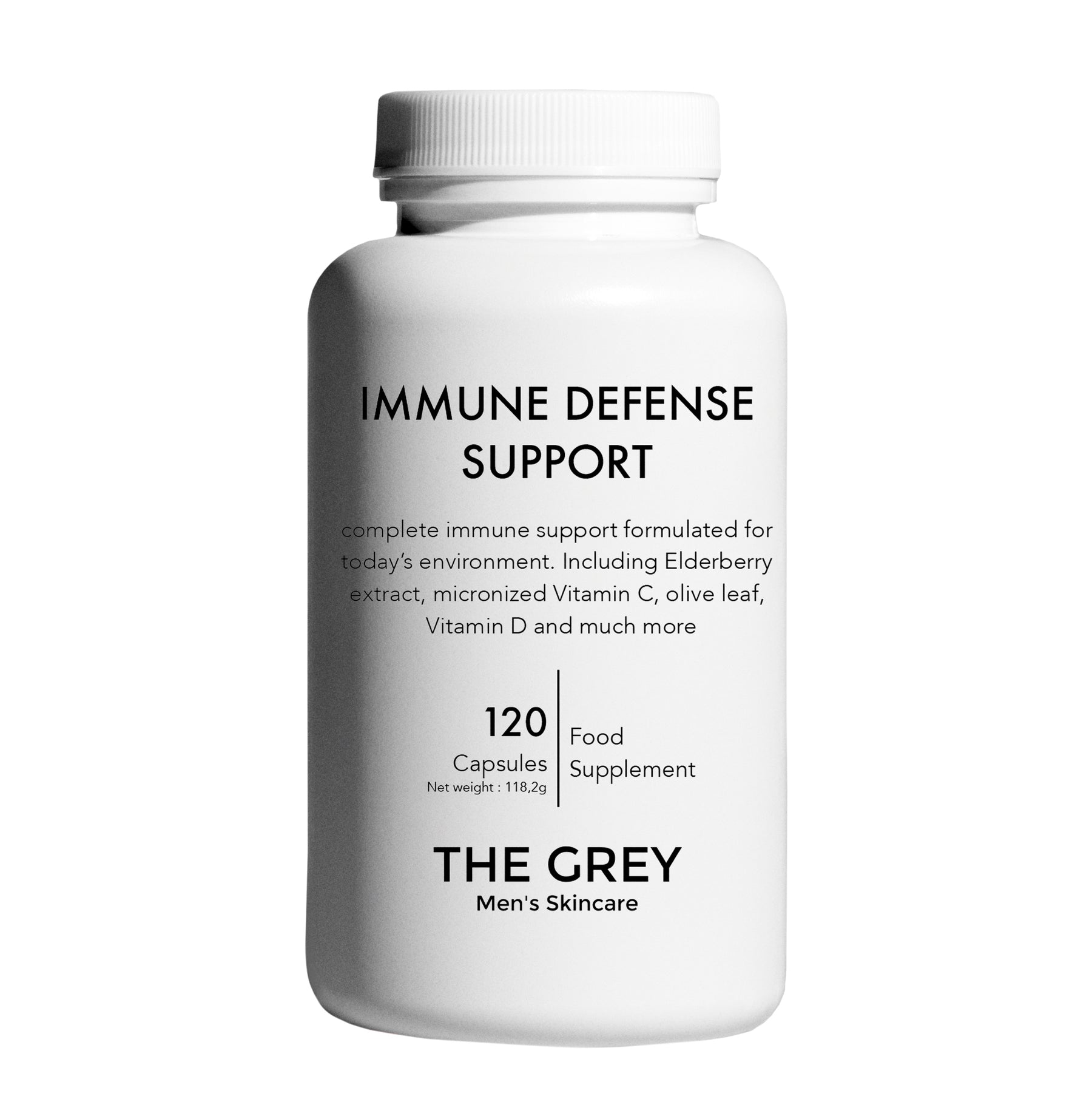
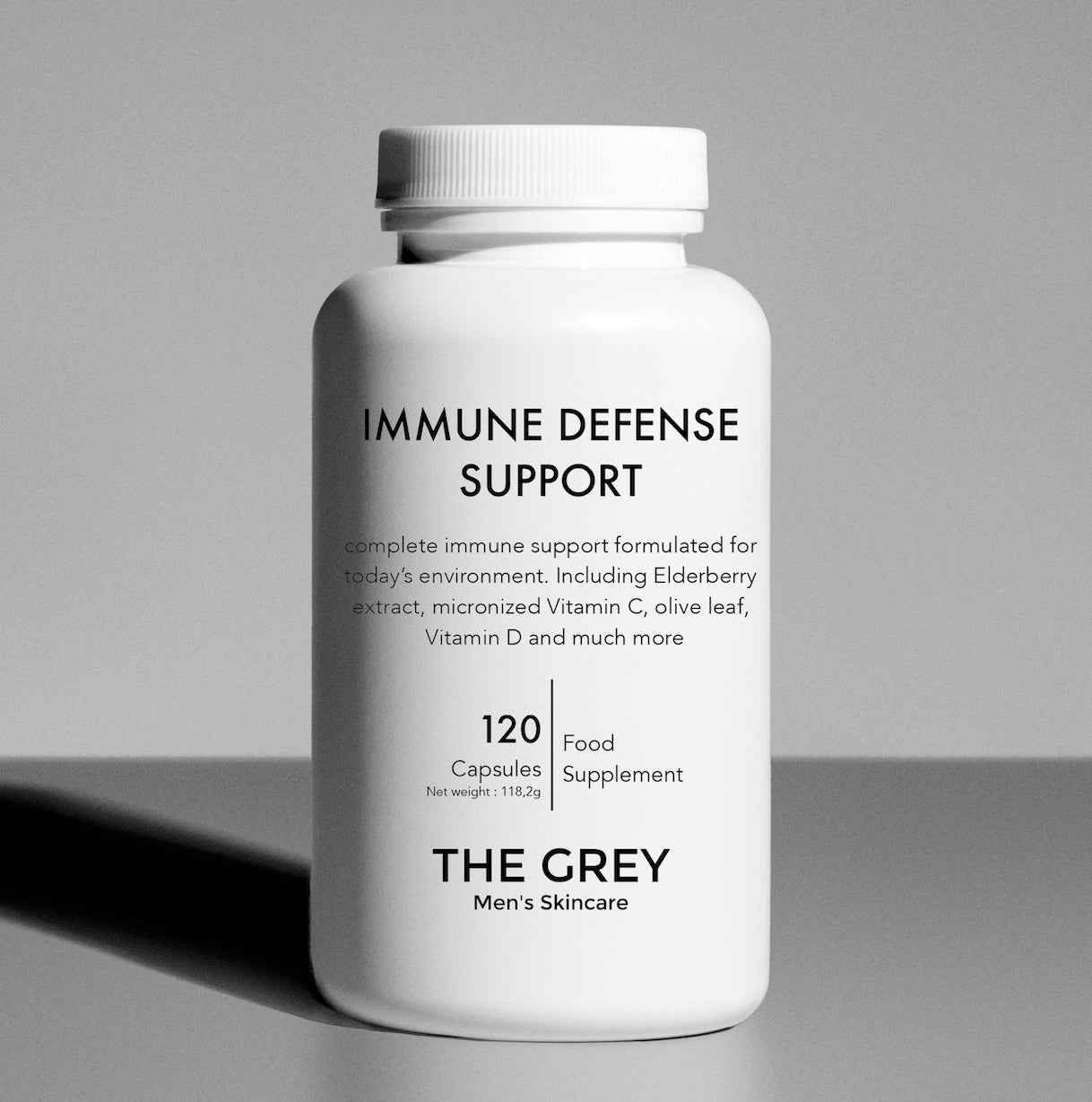
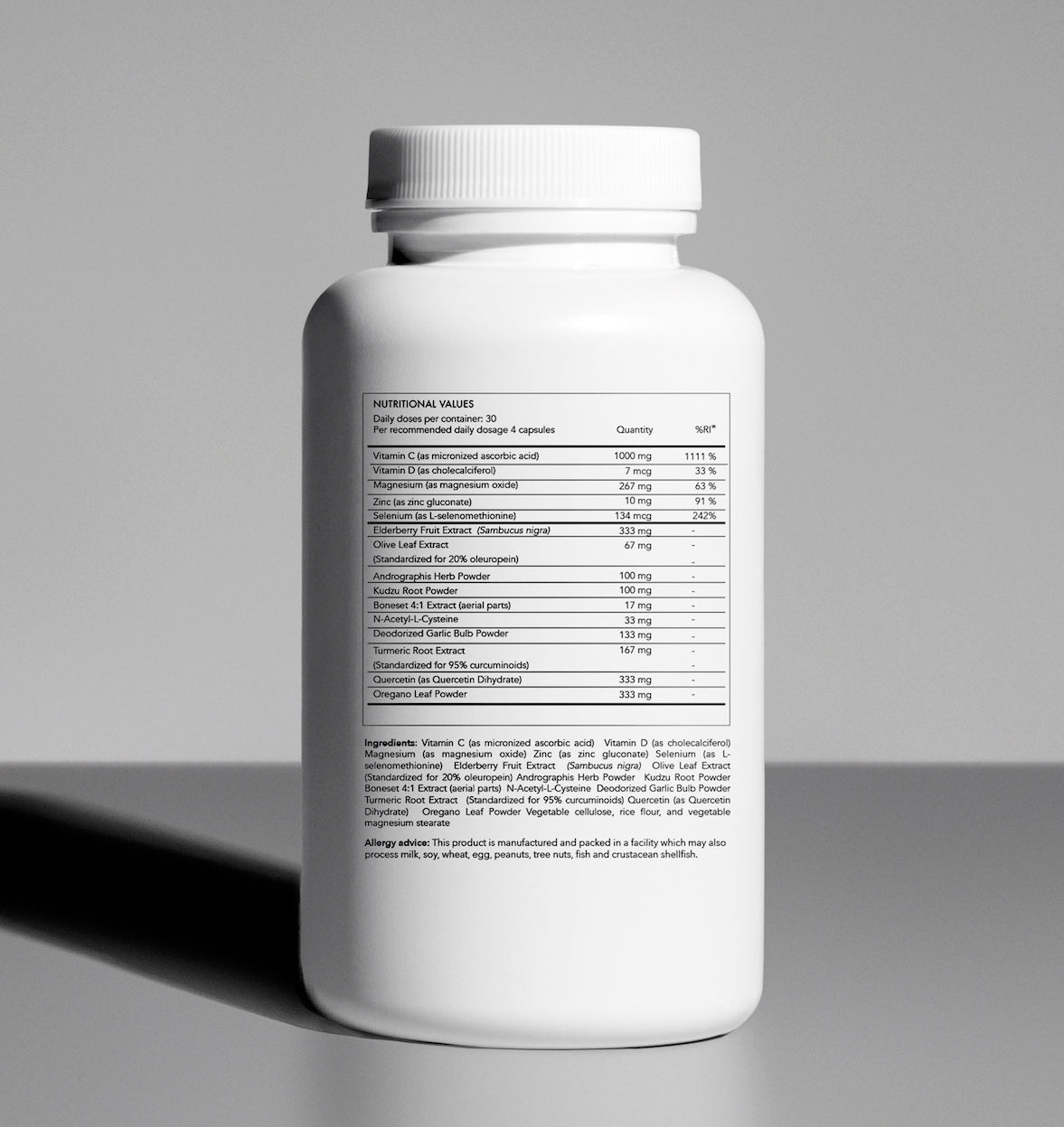
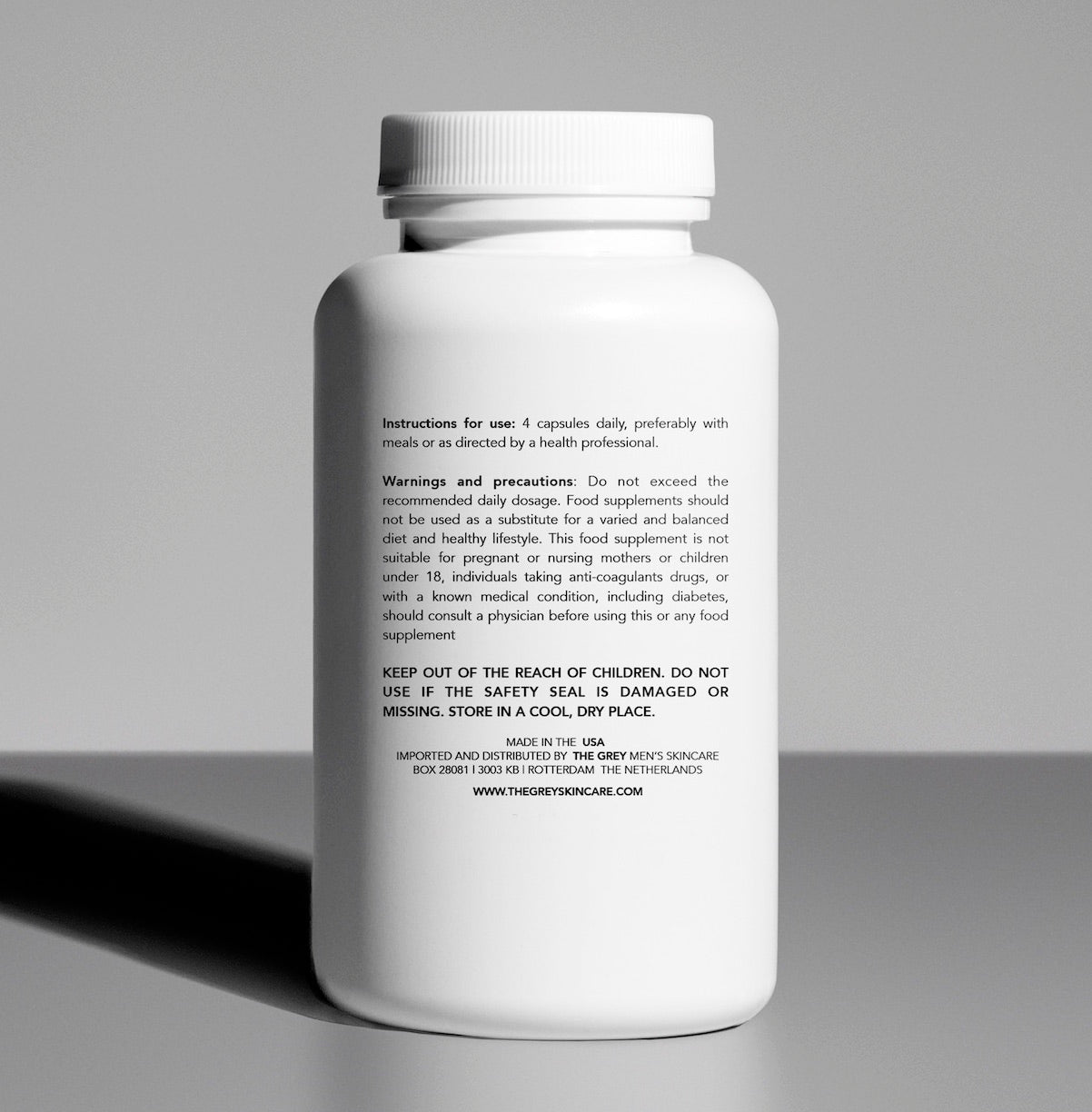
The Grey Immune Defence Support
Immune Defence Support by The Grey.
Enhance your body's natural protection system with the The Grey Immune Defence Support. These daily food supplements have been perfectly crafted to support the needs of modern, active and busy men. They are formulated to offer complete immune support, flooding the body with Vitamins and minerals necessary for the best performance. Use as part of your everyday routine and you're sure to notice improved lung function and a more balanced immunological defence system.
The Grey Immune Defence Support features:
- Science-backed supplements for the modern man.
- Potent, pure and highly-effective ingredients that absorb easily into the body.
- Enhances the body's natural antibody response with added turmeric.
- Minimises internal inflammation with kudzu powder and garlic to help the body destroy viruses.
- Non GMO Formula.
- Halal friendly.
We ship worldwide from our UK warehouse.
UK Delivery:
- Standard Delivery - 2-4 Days - £3.49, or FREE when you spend £30.
- First Class Delivery - 1-3 Days - £4.49, or £2.49 when you spend £30.
- Next Day Delivery - Order before 4pm Monday-Friday - £6.99
EU Delivery
All EU deliveries are sent with taxes and duties paid by us. There are no further charges for you to receive your order, we cover all of the import charges for you.
EU Delivery starts from €4.95. Please see our shipping policy here for transit times and prices.
Worldwide Shipping
For transit times and shipping costs, please see our shipping policy here.
Let customers speak for us
The latest insider info and male grooming guides from the experts
READ THE EDIT

Skiing Skincare Essentials for Men: Because Goggle Tan Isn’t a Good Look

Hair Today, Gone Tomorrow: Outsmarting Ingrown Hairs


